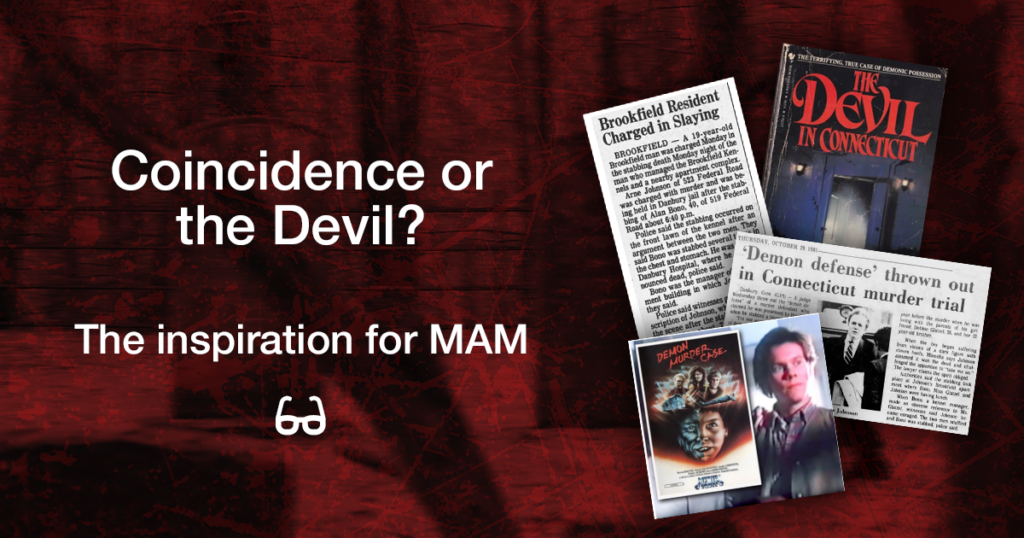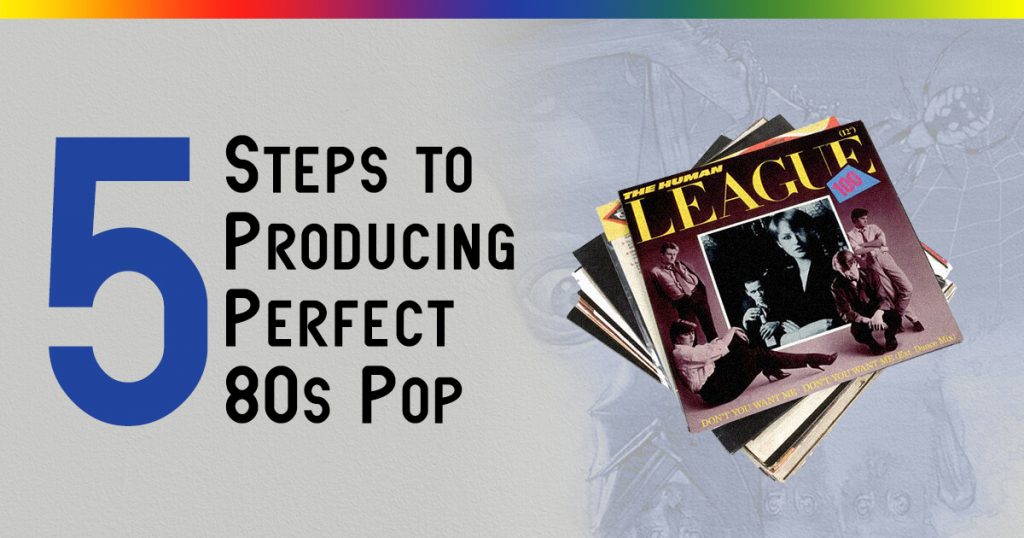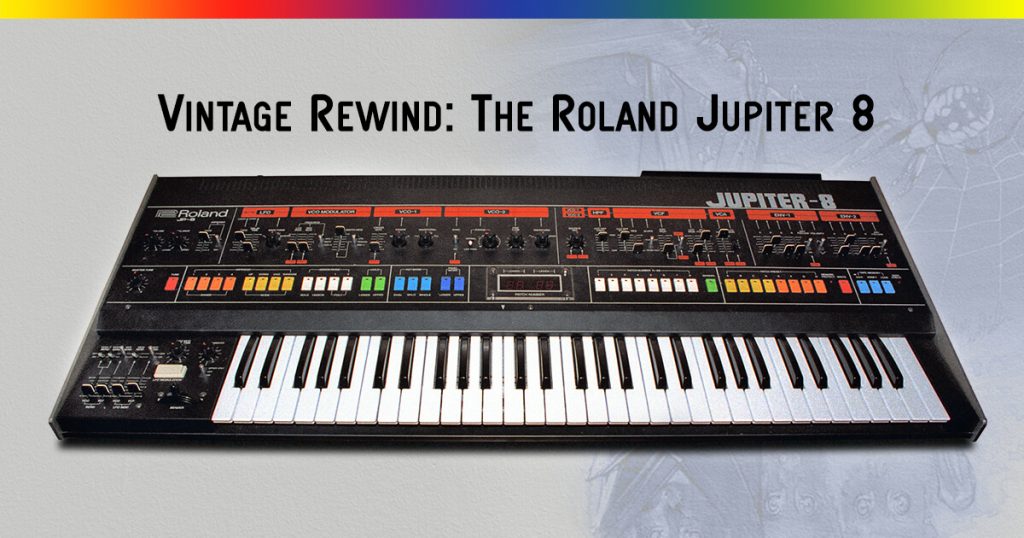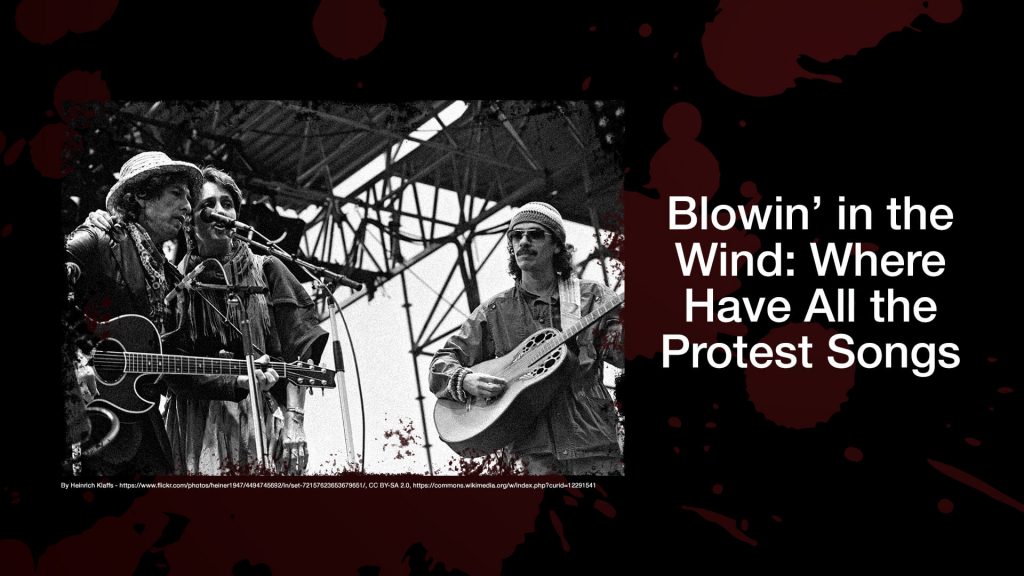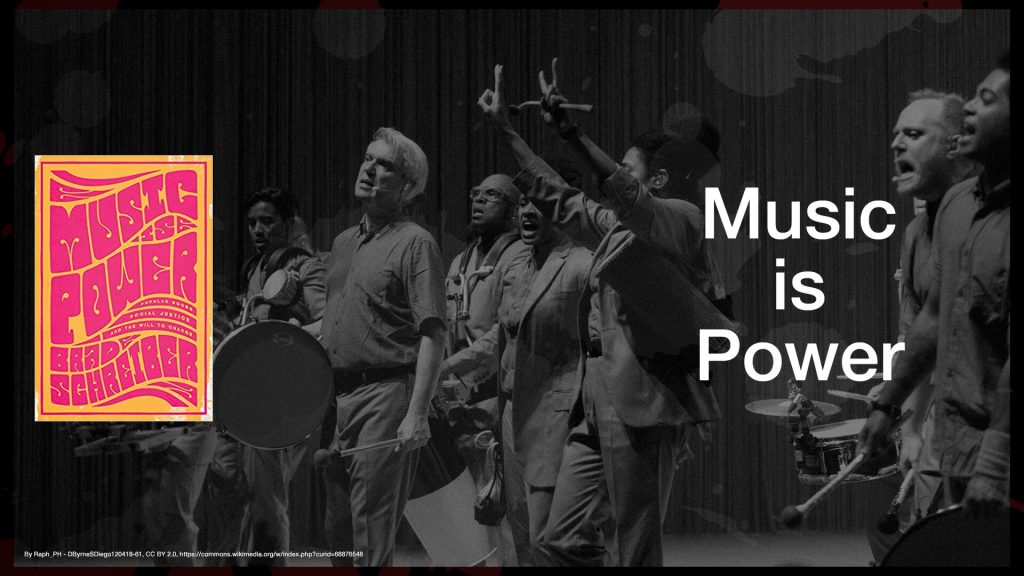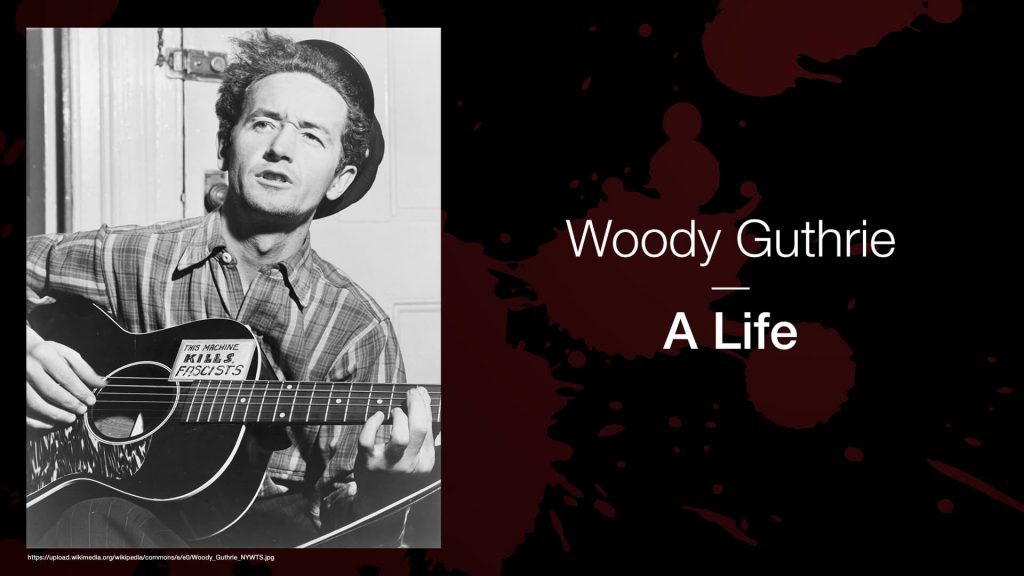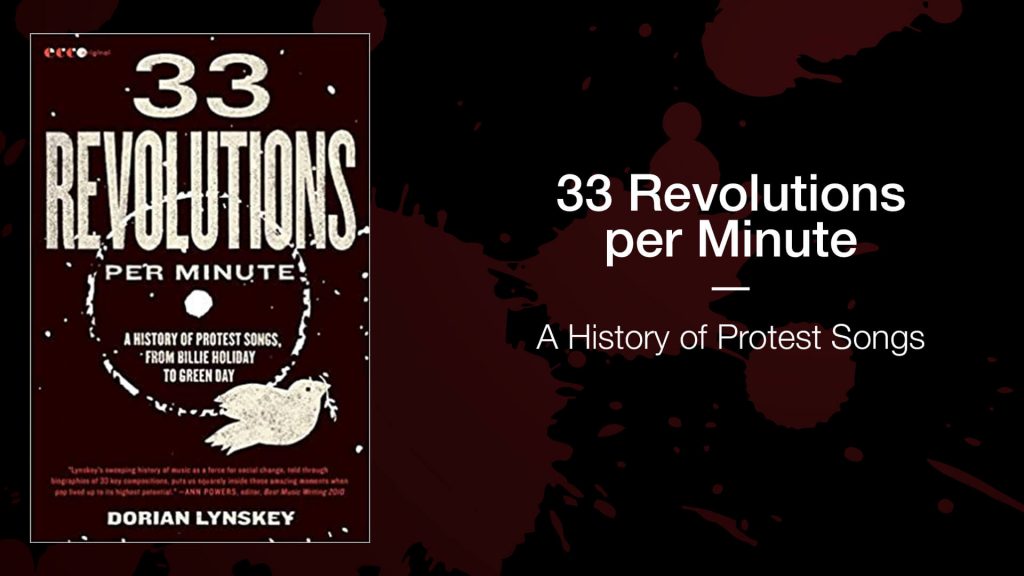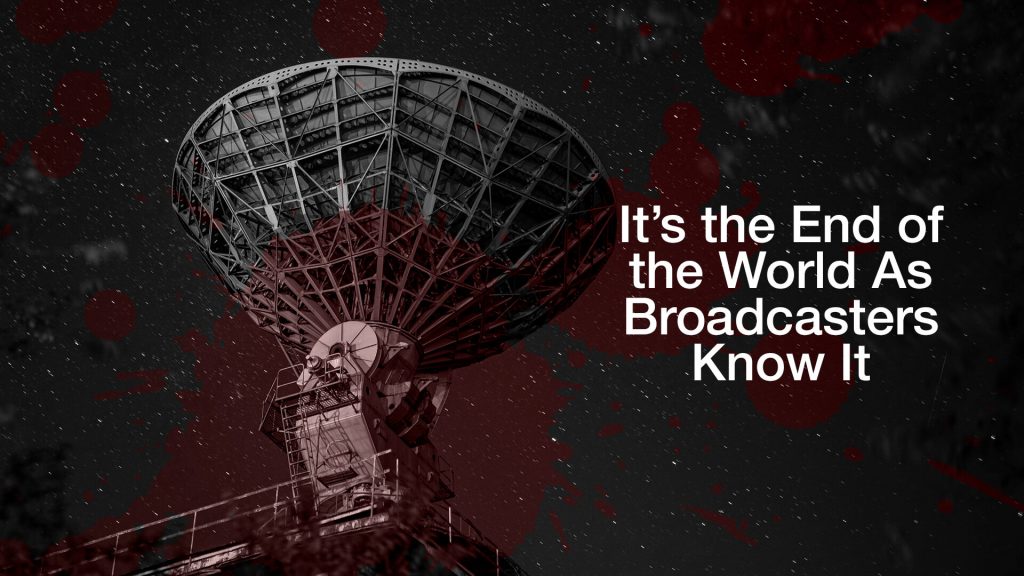Coincidences or The Devil? – The Inspiration for MAM
My new album – Malicious Animal Magnetism (MAM) – was inspired by events that began 44 years ago, in 1981… Coincidence 1 or The First Brush? When I was a kid, my parents were part of a social group in a small town called Brookfield. I was only 9 years old, but I clearly remember helping…
5 Steps to Producing Perfect 80s Pop
Computer Music magazine reminds us, in their July 2014 article 5 Steps to Producing Perfect 80s Pop, why the 1980’s is a musical decade we definitely don’t want to forget. Here is a list of things that make 80s music so unique. 1. Synth Arpeggios Hardware synthesizers often featured onboard arpeggiators. The classic up/down pattern…
Vintage Rewind: The Roland Jupiter 8
The keyboard most predominant during the 80s is identifiable by a bright orange, glowing power switch located near its moniker: Roland. Dave Gale, in his MusicTech article called Vintage Rewind from 2016, explains that the Roland Jupiter-8 is as much a desired object today as it was in 1981. “The value of the 40-year-old instrument remains…
Blowin’ in the Wind: Where Have All the Protest Songs Gone?
In 2003, the Dixie Chicks got a dose of censorship when the lead singer Natalie Maines told an audience the band was embarrassed George W. Bush was from Texas. After that comment, radio stations bumped the Dixie Chicks from their playlists. Has the reemergence of politics in music suffered under the weight of this kind…
Music is Power
In an Indie Wire article by Eric Kohn in October 2020 David Byrne of the Talking Heads is asked: “To what extent do you believe your art actually becomes a catalyst for change?” Byrne replies: “I’ve been asking myself this question – how much influence art can have – and I don’t know the answer…
Woody Guthrie : A Life
In the late ’70’s, Marjorie Guthrie, Woody Guthrie’s wife, started thinking that the time had come for someone to write Woody’s story. She found a young, eager journalist willing to take on the task, Joe Klein. Marjorie gave Klein unconditional access to all of Woody’s writings and he went on to write the only officially…
33 Revolutions per Minute: A History of Protest Songs
Dorian Lynskey is a prominent music critic and has written a thoroughly researched history of 20th century protest music. In his book, 33 Revolutions per Minute: A History of Protest Songs he explains how protest songs force their way into a culture and everyday conversation. Some of the artists he explores are Billie Holiday, Green…
It’s the End of the World As Broadcasters Know It
Following the September 11th attacks in 2001, Clear Channel Communications (now iHeartMedia), the largest owner of radio stations in the United States, circulated an internal memo containing a list of songs that program directors felt were “lyrically questionable” to play in the aftermath of the attacks. In the article It’s the End of the World…
